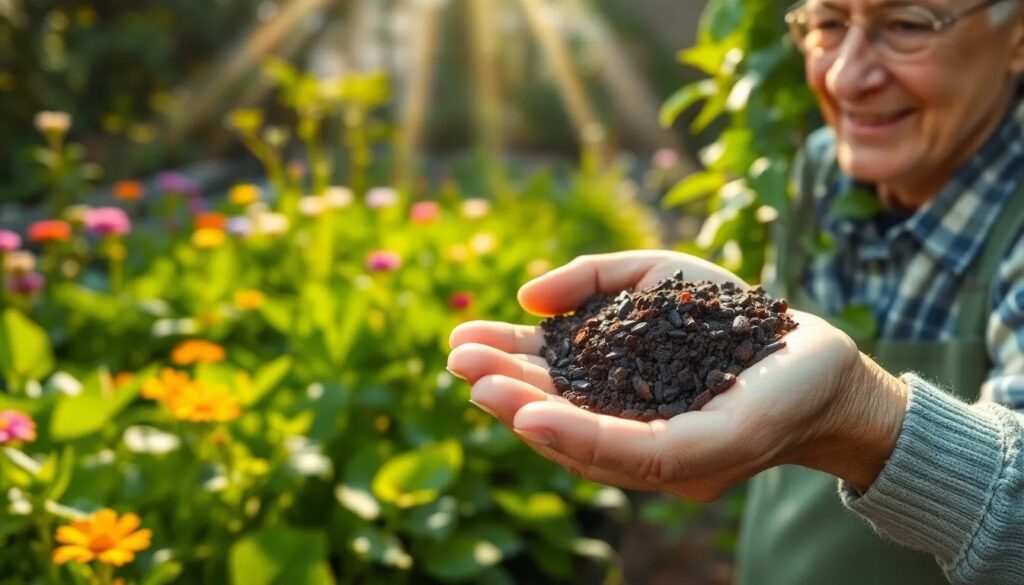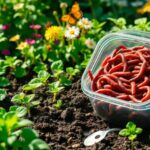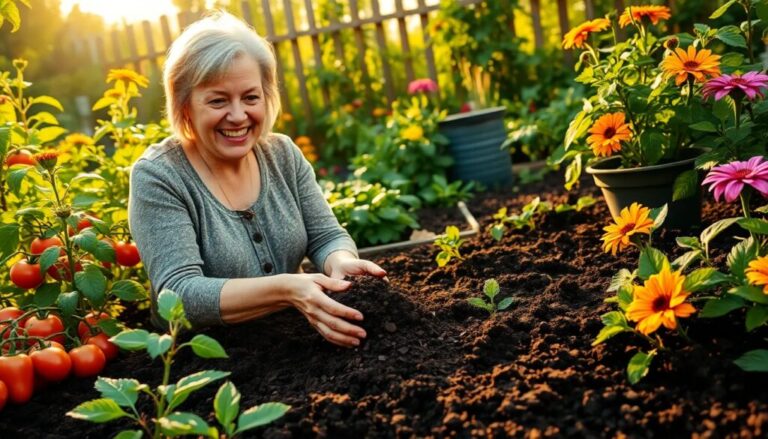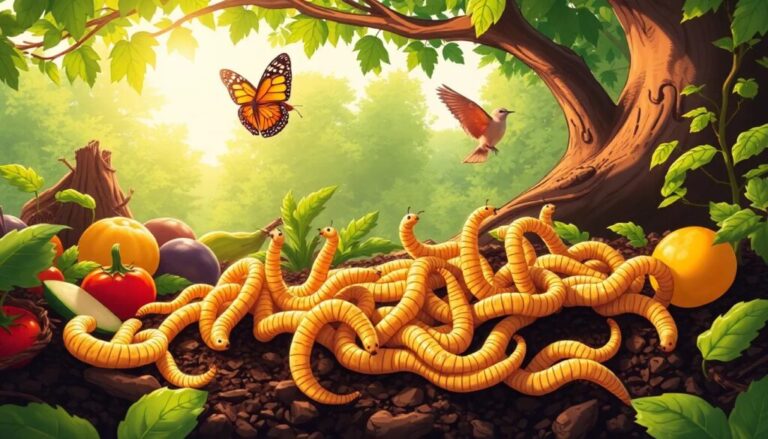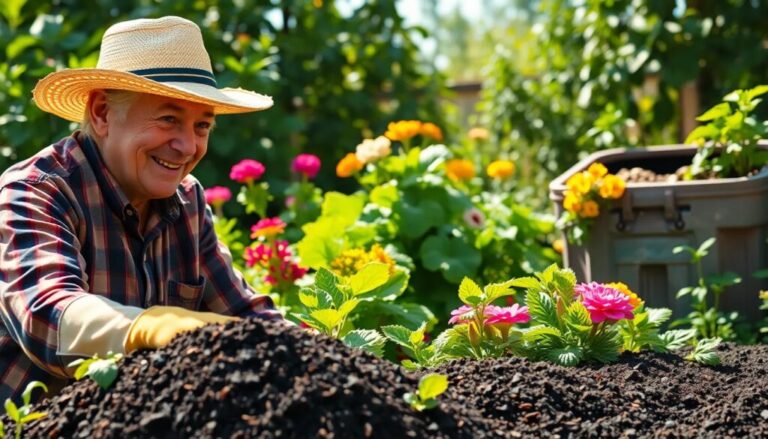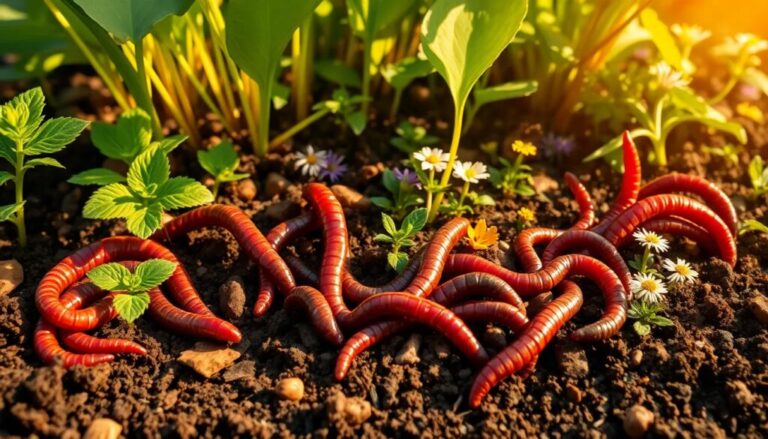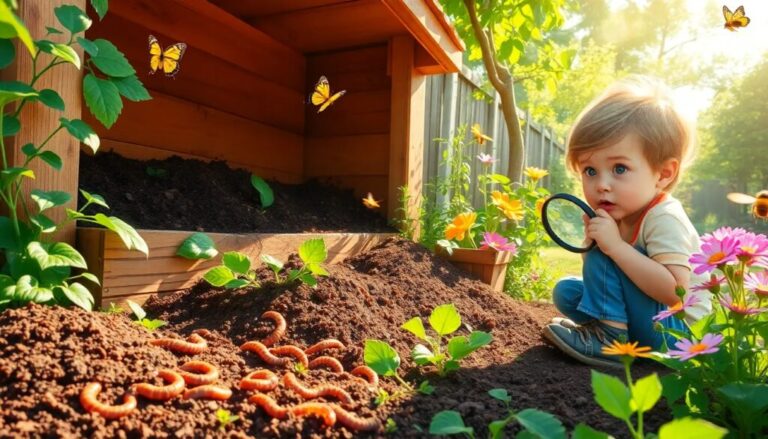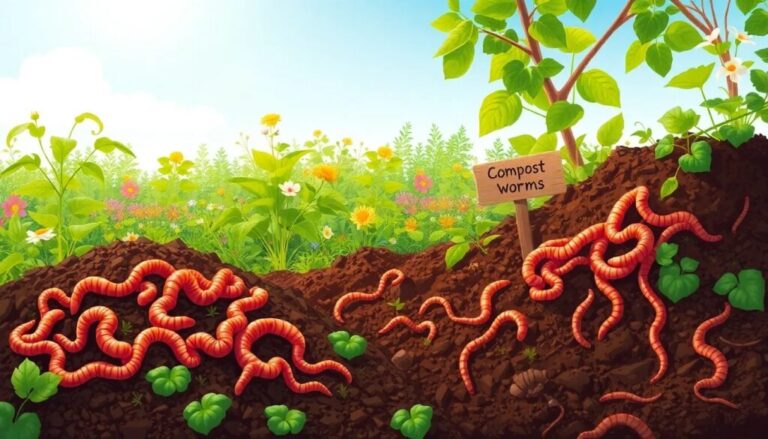What Are Worm Castings: A Deep Dive
What are worm castings? These nutrient-rich excrements produced by earthworms are often misunderstood, yet they play a crucial role in enhancing garden soil. This article dives deep into the fascinating world of worm castings, exploring their benefits, production methods, application techniques, and much more.
What are worm castings? A deep dive
Worm castings are the result of the digestion process of earthworms, transforming organic matter into a rich fertilizer. They are often confused with vermicompost, which includes a mix of worm castings and bedding materials. The nutrient density of worm castings makes them an invaluable asset for gardeners looking to improve soil health.
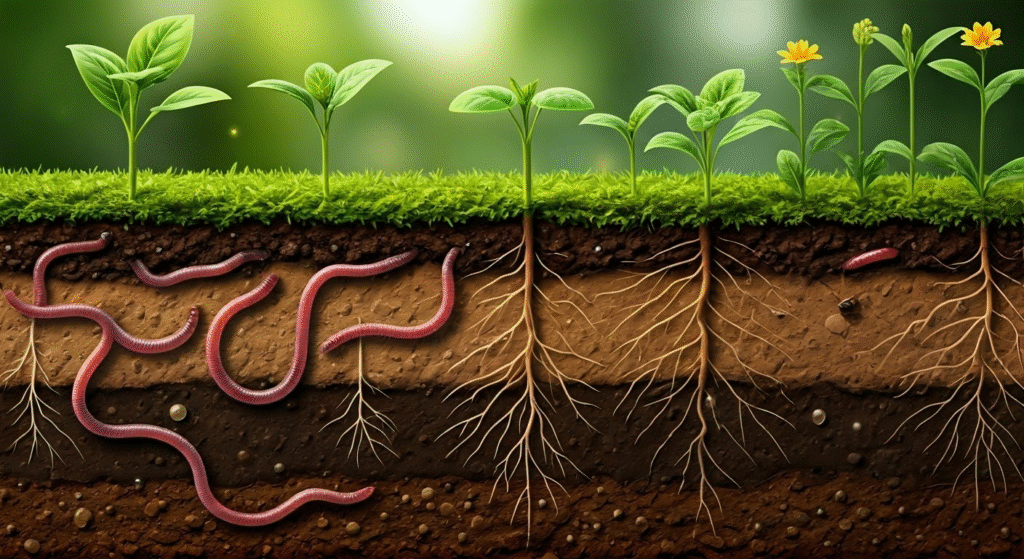
The unique composition of worm castings includes a variety of beneficial microbes and organic matter that enhance the soil ecosystem. These castings are rich in nitrogen, phosphorus, potassium, and essential micronutrients, which contribute to plant growth and vitality. By incorporating worm castings into your garden, you can foster an environment that promotes robust plant development.
Additionally, worm castings improve soil structure and water retention, making them a fantastic natural amendment for both outdoor gardens and indoor plants. The texture of the castings helps retain moisture, which is vital for healthy root systems.
What are the benefits of worm castings in plants and soil?
The benefits of using worm castings in your garden are numerous and impactful. Some of the most significant advantages include:
- Enhanced nutrient availability: Worm castings release nutrients slowly, ensuring that plants have access to them over time.
- Microbial activity: The beneficial microbes present in worm castings help suppress soil pathogens, promoting a healthier soil ecosystem.
- Improved soil structure: The addition of worm castings can improve soil aeration and drainage, leading to healthier root systems.
- Natural pest resistance: The nutrients in worm castings can help bolster plants’ defenses against pests.
- Increased water retention: The organic matter in worm castings enhances the soil’s ability to retain moisture, reducing the need for frequent watering.
Overall, the benefits of using worm castings in your garden are clear. They can significantly improve plant health, leading to more fruitful and rich gardens.
How are worm castings made and processed?
The production of worm castings involves a process known as vermiculture, which utilizes earthworms to break down organic materials. The process typically starts with organic waste, such as kitchen scraps, leaves, and yard waste. The earthworms consume this organic matter, which is then digested and excreted as nutrient-rich castings.
These castings are collected from worm bins or compost systems. It’s essential to maintain proper conditions for the worms, ensuring they have adequate moisture and food without becoming overwhelmed. The result is a product that is rich in important nutrients and beneficial microbes.
Once collected, worm castings can undergo minimal processing. They can be screened to remove any larger particles, ensuring a fine texture that is perfect for mixing into soil or potting mixes. This natural fertilizer is then ready for application in various gardening contexts.
How to apply worm castings to your garden effectively?
Applying worm castings in your garden can yield impressive results if done correctly. Here are some effective methods to ensure optimal benefits:
- Mix with soil: Incorporate worm castings directly into your garden soil at a ratio of 10-20%. This ensures that the nutrients are readily available to plants.
- Top dressing: Spread a layer of worm castings over the surface of the soil around your plants. This method allows the nutrients to seep into the soil with watering gradually.
- Use in potting mixes: Combine worm castings with other potting ingredients for container gardening. A blend of 25-30% worm castings can significantly enhance growth.
- Make a worm casting tea: Steep worm castings in water to create a nutrient-rich liquid fertilizer. This “tea” can be used to water plants or as a foliar spray.
Incorporating these techniques into your gardening routine can maximize the benefits of worm castings, leading to healthier and more productive plants.
What is the market demand for worm castings?
The market for worm castings has been on the rise due to the increasing interest in sustainable gardening practices. With more gardeners seeking organic options, worm castings are becoming a popular choice for natural fertilization methods. The desire for organic produce and eco-friendly gardening solutions fuels this growing demand.
Many nurseries and garden centers now offer commercially available worm castings, catering to both amateur and professional gardeners. Additionally, the online market for worm castings has expanded, with various suppliers providing high-quality products.
As the awareness of the benefits of organic fertilizers continues to grow, the demand for worm castings is expected to remain strong, making them a valuable resource in sustainable agriculture.
Are worm castings safe for all plants?
Worm castings are generally safe for a wide variety of plants. They provide a balanced source of nutrients and beneficial microbes, making them suitable for both ornamental and edible plants. However, as with any fertilizer, it is essential to monitor how individual plants respond to their application.
Most plants thrive with the gradual nutrient release offered by worm castings. However, some sensitive plants may react differently, particularly if they are over-fertilized. It is advisable to start with smaller amounts and increase gradually, ensuring that the plants can handle the nutrient influx.
In rare cases, the specific composition of worm castings may vary depending on the source of the organic material used for their production. Therefore, it’s crucial to source worm castings from reputable suppliers to ensure quality and safety for all your plants.
What is the best way to store worm castings?
Proper storage of worm castings is vital to preserve their quality and effectiveness. Here are some tips on how to store them effectively:
- Keep them dry: Store worm castings in a cool, dry place away from direct sunlight to prevent moisture loss and degradation of nutrients.
- Use airtight containers: Seal them in airtight bags or containers to maintain their freshness and prevent the introduction of pests.
- Label your storage: If you have multiple batches, label them with the date and source to keep track of their freshness.
- Check periodically: Regularly inspect your stored worm castings to ensure they remain dry and free from contaminants.
By following these storage guidelines, you can ensure your worm castings stay effective and ready for use when needed.
Related questions about worm castings
What is the purpose of worm castings?
The primary purpose of worm castings is to enhance soil health and fertility. They provide a slow-release source of nutrients, improving plant growth and overall vigor. Additionally, worm castings contribute to soil structure, aiding in moisture retention and aeration, which benefits root systems. By incorporating worm castings into your gardening practices, you can foster a more sustainable and productive growing environment.
Can I just put worm castings on top of the soil?
Yes, you can apply worm castings directly on top of the soil as a top dressing. This method allows nutrients to seep into the soil during watering or rainfall gradually. However, for best results, it is recommended to mix them into the soil at a ratio of 10-20%. This ensures a more uniform distribution of nutrients and enhances the overall effectiveness of the worm castings.
What are worm castings on the beach?
Worm castings on the beach refer to similar organic waste processed by marine worms. While not identical to earthworm castings, they serve a similar ecological function by enriching the sandy soil in coastal areas. These castings contribute to the overall health of coastal ecosystems, benefiting plant life and enhancing nutrient cycling in those environments.
What is worm casting equivalent to?
Worm castings are often compared to traditional compost or other organic fertilizers. However, they are distinct in their nutrient profile and microbial content. Worm castings are typically more concentrated in nutrients and beneficial organisms, making them an excellent choice for enhancing soil fertility and health. When used appropriately, they can significantly outperform many conventional fertilizers in promoting plant growth.

